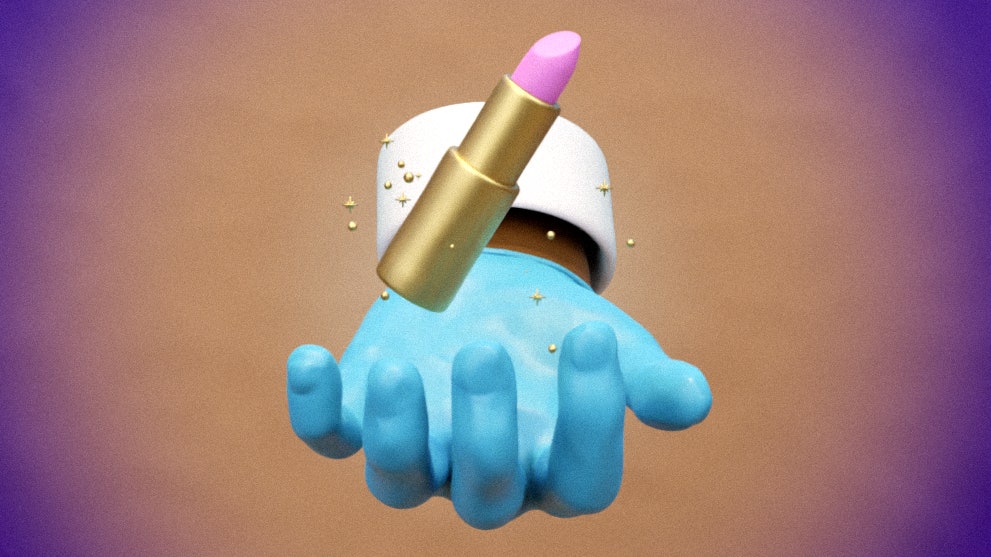Plus, while a traditional beauty creator might share how their skin feels and looks after using a product (also valuable insight for potential customers, Lee and Chang are quick to point out), a chemist can speak about the formula itself. Glow Recipe’s founders say this resonates well with the brand’s core community, whose members are used to the brand sharing content about how the products get made and what they’re supposed to do.
The team at Murad, a skin-care brand founded by a board-certified dermatologist, also collaborates frequently with chemist creators. “We’ve always prioritized science-based experts, including R&D authorities like chemists,” Murad CEO Paul Schiraldi says via email. “Skin-care consumers are very educated about products, so when we feature content from experts like chemists, consumers are highly engaged.”
Alexis Tedesco, chief marketing officer for hair-care brand Living Proof, says that the company is actively reaching out to chemists for “brand awareness opportunities.” “Our community has been really enjoying this content because it helps pull back the curtain on the science that delivers the amazing results consumers experience with Living Proof,” Tedesco says.
As this area of beauty grows, creators are forced to get more, well, creative. When Dr. Wong started making this type of content about 10 years ago, most people were still learning the beauty basics. Back then, she says, her posts were on topics like “What is a wrinkle?” Now, to make a splash, her posts have to get into the nitty-gritty, like reviewing entire ingredient lists of supplements, discussing “performative transparency,” or explaining why the coverage of a specific study about vitamin C and pH levels was misleading.
Should you become a cosmetic chemist?
At this point you may, like me, be considering a career shift. Honestly, you probably could make your way into cosmetic chemistry if you so desired. “People think it’s a very, very difficult job and realistically it’s not,” Pagán says. “There are a lot of ways to break into the industry.” (Though if you studied, say, print journalism, Spanish, and musical theater in college, you’ll likely need to get at least a BA in chemistry before you start sending out job applications.)
Pagán is passionate about bringing more young people into the fold, especially people of color. As in many scientific fields, cosmetic chemists tend to be older, whiter, and maler, which can influence the types of formulations that get prioritized. Pagán laments that often when he’s working on developing a color cosmetic formula, the reference formulas are all very fair or made for people with lighter skin. “It’s like, ‘Okay, there’s a gap here,’” he says. “‘We need people to actually fill this.’ The people that I work with are [mostly] over the age of 45. They’re predominantly Caucasian.”

